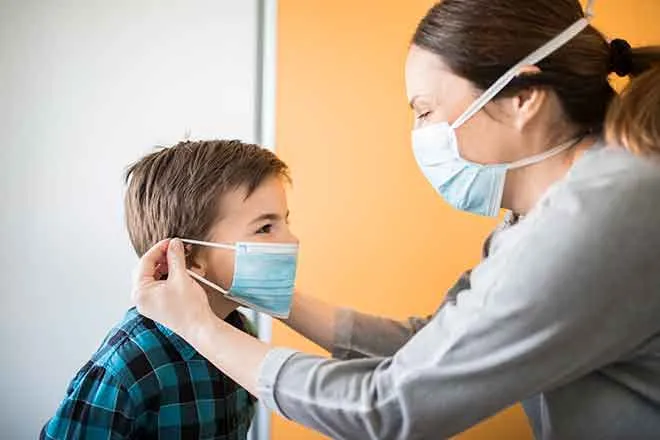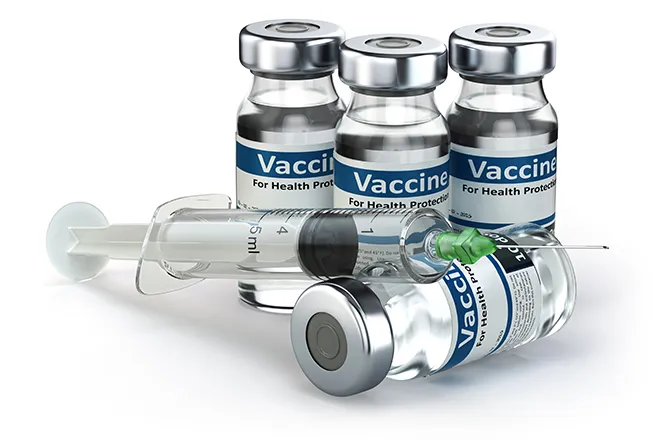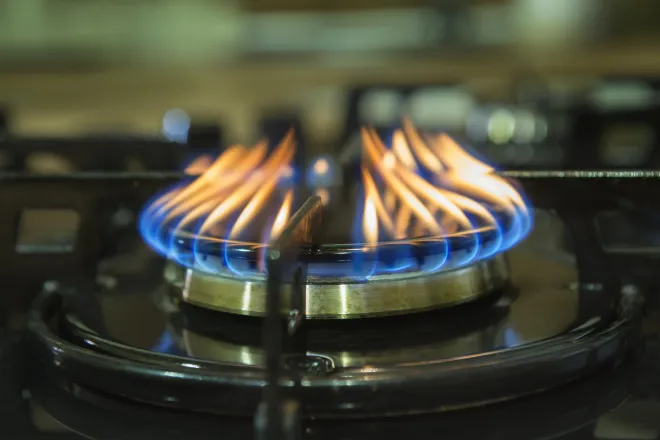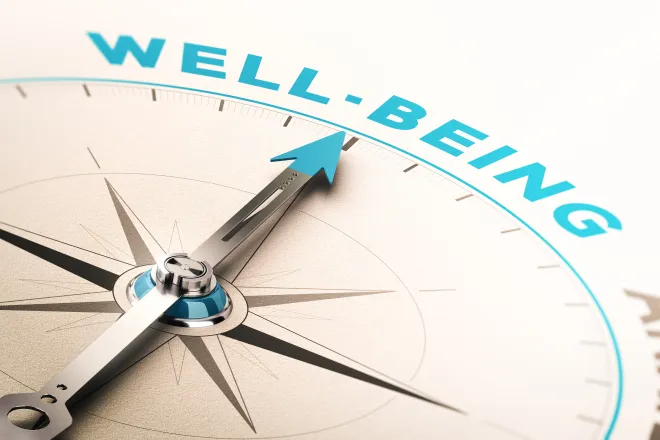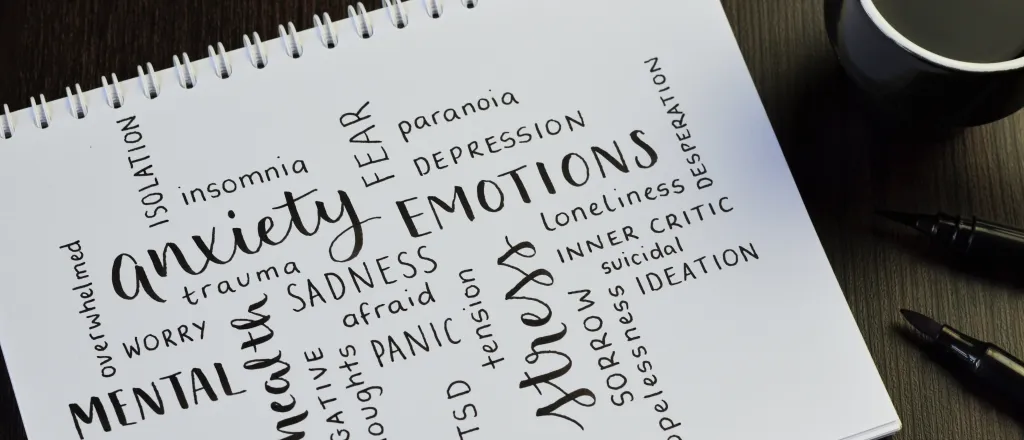
Q&A: Building support and breaking mental health stigma in agricultural communities
Based in Sauk County, Wisconsin, the Farmer Angel Network is the founding organization behind a growing rural mental health initiative serving South Central Wisconsin and reaching audiences across the state and country. Its mission is to ensure that all farmers can lead resilient, healthy, and productive lives. With a vision rooted in farmer-to-farmer peer support, the network works to reduce the stigma surrounding mental health and strengthen rural communities through connection and support.
Two of the network’s founders, Brenda Statz and Dorothy Harms, bring deep personal experience to their advocacy. Brenda, a lifelong farmer, co-owns Statz Circle S Farms LLC and Dorothy and her husband, Don, formerly ran a grass-fed beef operation and now host guests at their farm stay. After Brenda lost her husband to suicide and Dorothy lost two farmer friends while navigating her own transition out of dairy farming, both became strong advocates for mental health in agriculture.
In this conversation Brenda and Dorothy share their insights on mental health in agriculture, the power of peer support, and what the Farmer Angel Network is doing to make a difference.
This interview has been edited for length and clarity.
The Daily Yonder: What is the Farmer Angel Network and what inspired its creation?
Dorothy Harms: The farmer Angel Network is a collaboration of a lot of different groups, but grounded in supporting farmers and providing educational resources in the mental health field for rural communities.
We got started about six years ago when Brenda's husband, Leon, died by suicide. He was a good friend and the community really came together to say that we have to do something. At the time, we weren't quite sure what that was going to look like. But here we are, six years later and very established in the work we are doing. But I think at its core, Farmer Angel Network is the grassroots efforts by farmers themselves to make space for mental health support.
DY: What gap in services and support is the Farmer Angel Network filling?
Brenda Statz: The network we have created is committed to bringing visibility. I know when I went through things with my husband at the time, I really didn't know what resources were out there, and so one of my goals when we started this was just to bring more awareness and visibility to what is available. I figured the more that we can shine a light on the help and resources available, the better.
Now we are able to link people when they do reach out to us either online or just by word of mouth in the rural communities. We have made space for people to say, “Hey, can you check in on my neighbor? They've been having a really challenging time.” A lot of what is needed is just listening, because people need to be heard.
DY: How does the farmer-to-farmer support model fight stigma around mental health in agricultural communities?
DH: I think when people hear another farmer’s story and realize they're going through a lot too, it helps them reflect and think, “I’m not the only one.”
One of our ongoing messages is that it’s okay to not be okay. Farmers are traditionally very strong, independent, and stoic. They’re used to pulling themselves up by their bootstraps and fixing things on their own. And that mindset can be a barrier we often work to break down. When those of us who are farmers are willing to tell our own stories, it helps open the door for others to recognize and talk more openly about their own struggles.
BS: I’ve seen that stigma come to life again and again, especially when we table at events. There’s such a stigma, even just to accept a resource off the table. People are afraid someone will see them take it. So I say, “This could be for a neighbor, or maybe a family member.” That way, it gives them a reason to take it without feeling exposed.
And I always say, “When you have a phone number or something tangible to hold onto, even in your most challenging times, it’s a reminder that you’re not alone.”
 The Farmer Angel Network team tables at a local event in Sauk County, Wisconsin. (Photo courtesy of Farmer Angel Network)
The Farmer Angel Network team tables at a local event in Sauk County, Wisconsin. (Photo courtesy of Farmer Angel Network)
DY: Have you observed notable changes in the stigma around mental health in agricultural communities over time? How have these shifts affected attitudes and practices both within the community itself and among healthcare providers?
BS: I think some of it’s generational. Older generations were always told to ‘man up.’ My husband, the first time he went to the doctor for depression, was really struggling. It started after I quit working full-time to stay home. We had a three-year-old, a four-month-old, and we had just taken over the farm. Leon felt so much pressure. He told me, ‘If I fail, we all fail.’
Eventually, Leon started medication, but it wasn’t until he was hospitalized that his dad finally opened up and admitted he’d gone to counseling once, though he never said what for. That gave Leon a little validation. The older generation often sees asking for help as weakness.
Younger folks still feel pressure to handle things alone, thinking they’ll be judged. But once they see someone get help and improve, the mindset starts to shift. The first doctor Leon saw, our family doctor, just told him to ‘chin up’ and said he’d laugh about it in a year. But it didn’t go that way. He was hospitalized for a week just to get on the right medications. That doctor was later reprimanded, had to take additional training, and eventually apologized to me. Leon’s been gone seven years this year. So that mindset – even in rural healthcare – goes back almost 40 years.
DH: And just to add to what Brenda said, some of our efforts have focused on working with healthcare professionals to help them understand the culture of agriculture. We've done SafeTALK trainings, for example, to give them tools to be better active listeners. When a farmer takes time to see a doctor, it usually means things are pretty bad; it’s hard for them to leave the farm. And even then, they might talk about the weather, their dog, or a cow before getting to the real issue.
Providers have to learn how to ask the right questions to get past that. Helping them understand what farmers value, and how their mindset differs from someone with a typical 8-to-5 job, can make a big difference. The more healthcare providers understand that culture, the better they can support our farmers.
DY: What are your hopes for the future of the Farmer Angel Network?
BS: This area relies heavily on dairy farming, and the industry is struggling. Farmers are facing serious financial pressure, so there often isn't extra money for outings or family activities. That’s why we try to offer free or low-cost opportunities that give them a break and a sense of connection.
I think we need more fun, proactive events to bring farmers together and help them get off the farm. I’d like to see more group activities. It could be something simple, like an adult night or a small social gathering. It doesn't have to cost much. The goal is to build community and give people something to look forward to.
I always talk about what I call "tailgate talk." Farmers used to stop by a neighbor’s place, drop the tailgate, visit for ten or fifteen minutes, then move on. These days, people are so busy they don’t take that time anymore. But we need to slow down, check in on each other, and be willing to ask questions or just listen.
Sometimes all it takes is showing someone you care. Many farmers carry a heavy burden and are afraid to talk about it. But once they open up, it can make a huge difference. They realize they are not alone, and they can get through it.
DH: We’ve built a community model through a collaboration of public and private agencies working together. We now have one sister chapter in the northwest, and we’d like to see more communities like ours develop across the country. That way, farmers would have a trusted place to go for help and feel secure. Having farmers involved in the planning and providing farmer-to-farmer mentoring and counseling is a strong part of the model, one we believe could work well nationwide.
This article first appeared on The Daily Yonder and is republished here under a Creative Commons Attribution-NoDerivatives 4.0 International License.![]()



